Waste classification at source is not effective.
National Assembly Delegate Chu Thi Hong Thai ( Lang Son ) noted that the implementation of waste classification at source has been regulated since 2022, but many places have not been able to do it due to lack of infrastructure.
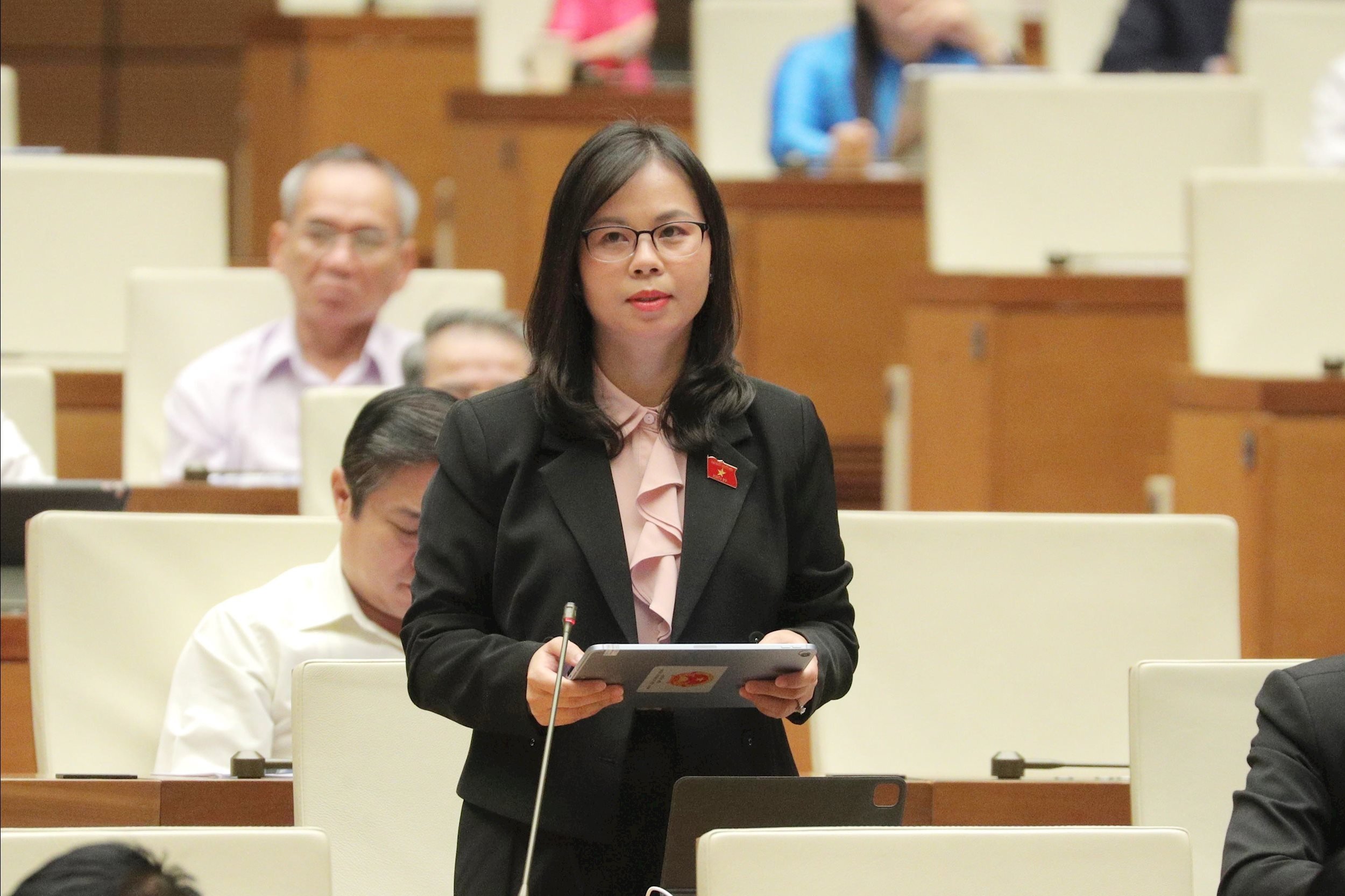
In fact, waste classification at source has been implemented quite vigorously in many localities. However, in the collection process, most types of waste are still collected together, many businesses and waste collection units are still limited in investing in technical technology in waste collection and classification, leading to the classification by people not being meaningful and effective.
National Assembly Deputy Mai Van Hai ( Thanh Hoa ) also pointed out the reality that the collection and treatment of domestic solid waste in rural areas, although being directed and implemented in conjunction with the National Target Program on New Rural Development, still has some difficulties, shortcomings, and problems, especially in the classification, collection, and treatment of domestic solid waste.
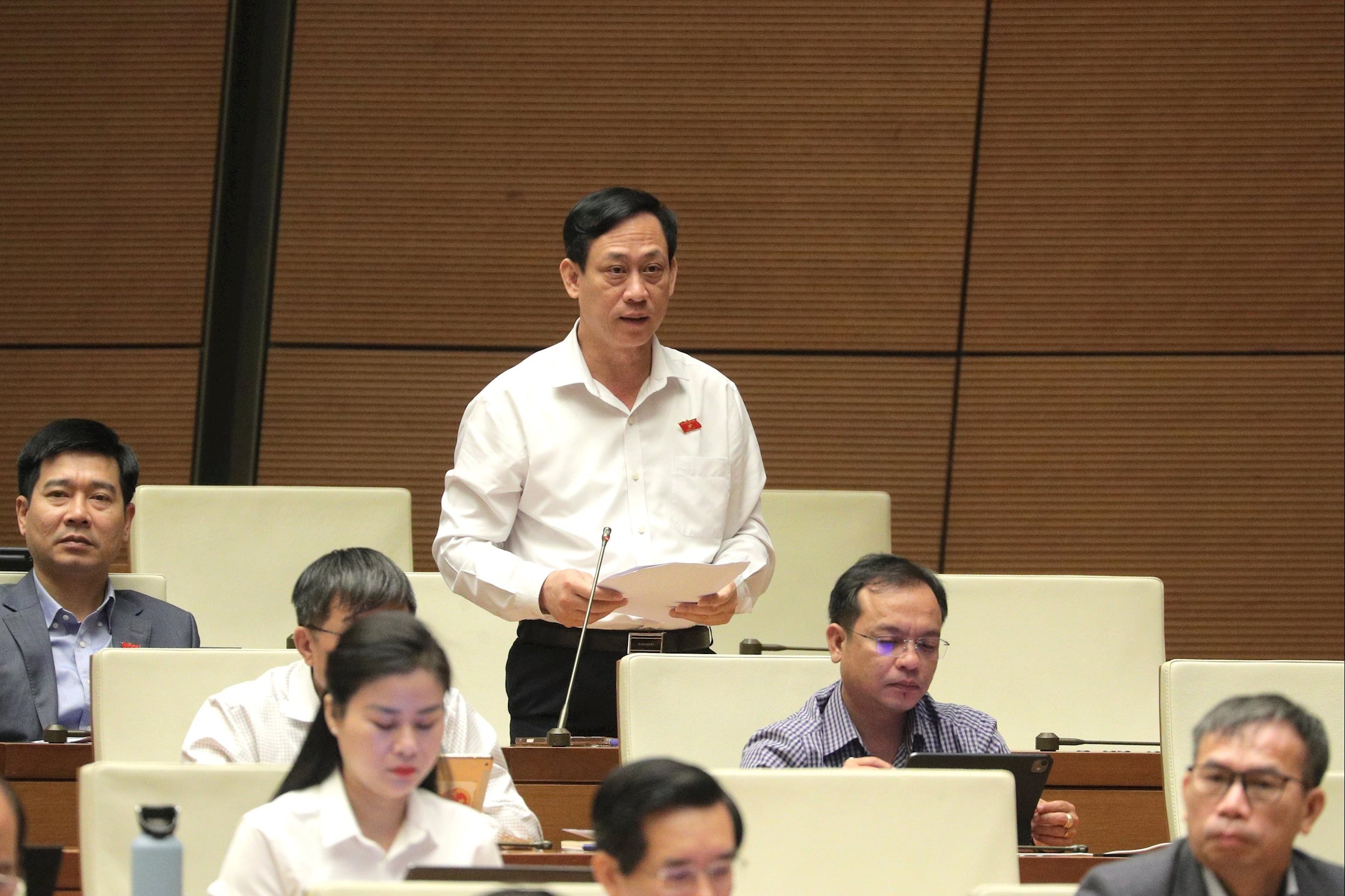
Waste in rural areas is mostly unsorted, mainly collected for burial and burning. Many landfills and burning sites pollute the environment. Incinerators have low capacity, low efficiency, and very limited recycling, failing to meet environmental protection requirements.
Stating the subjective causes of the above situation, delegate Mai Van Hai said that it was mainly due to the leadership, direction and awareness of some Party committees, authorities, localities, organizations, businesses and people that were not really adequate.
Along with that is the sense of responsibility of people and businesses in production and business activities, in the improper use of scientific fertilizers and pesticides; the habit of burning straw after harvest; difficult budget conditions in localities, not investing adequately in building infrastructure for collecting and treating domestic solid waste.
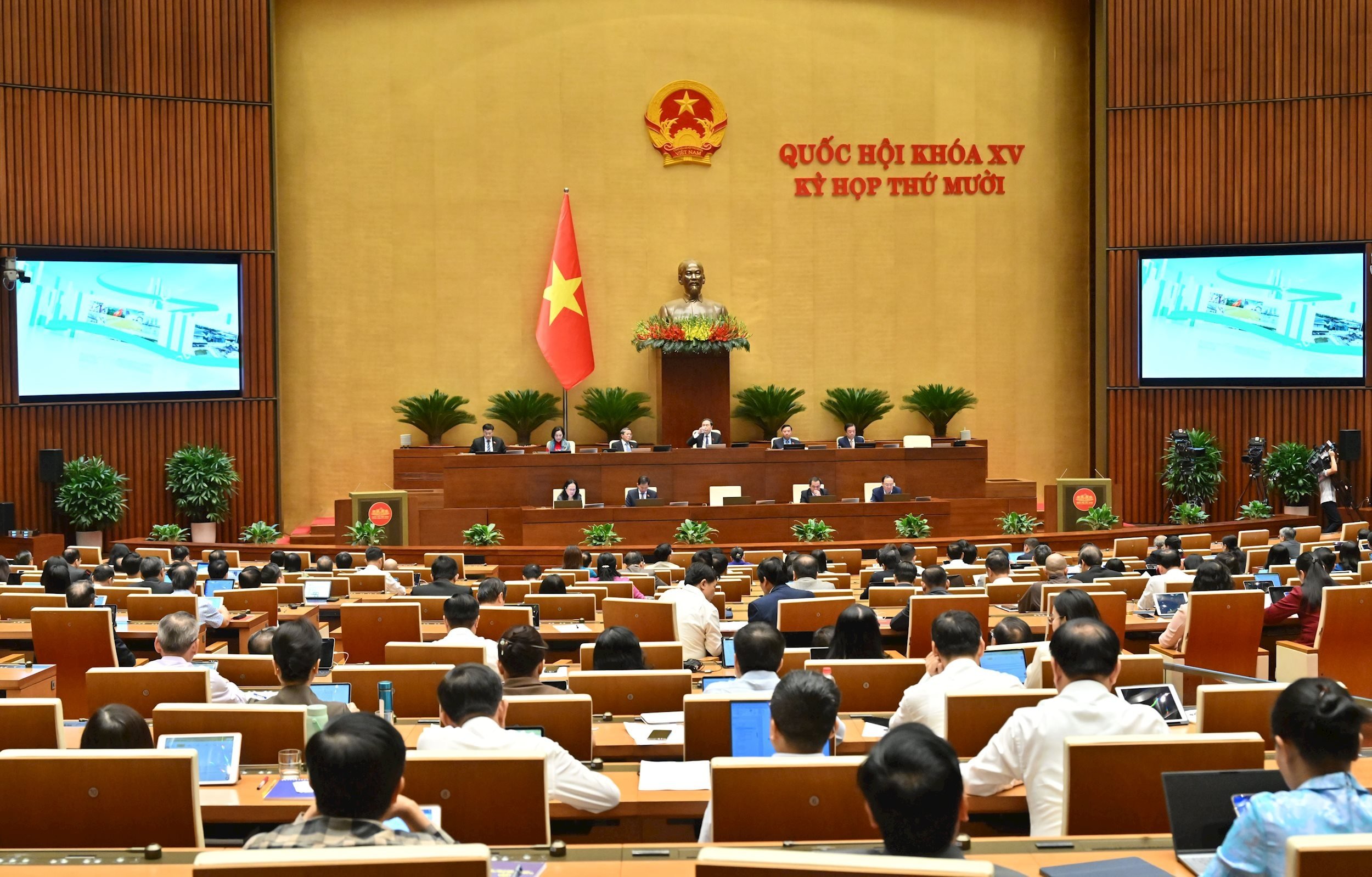
Delegates emphasized that research into the application of modern, environmentally friendly waste treatment technology solutions to gradually replace traditional landfill methods is an urgent requirement to ensure effective environmental protection and meet the requirements of sustainable development.
It is necessary to encourage and promote socialization in environmental protection.
Agreeing with the recommendation of the Supervisory Delegation on the National Assembly issuing a Resolution on thematic supervision to remove difficulties and obstacles in implementing the Law on Environmental Protection 2020, delegate Mai Van Hai also suggested that there should be policies to support and encourage the promotion of socialization and investment attraction in the field of environmental protection in general and the treatment of solid waste in rural areas in particular.
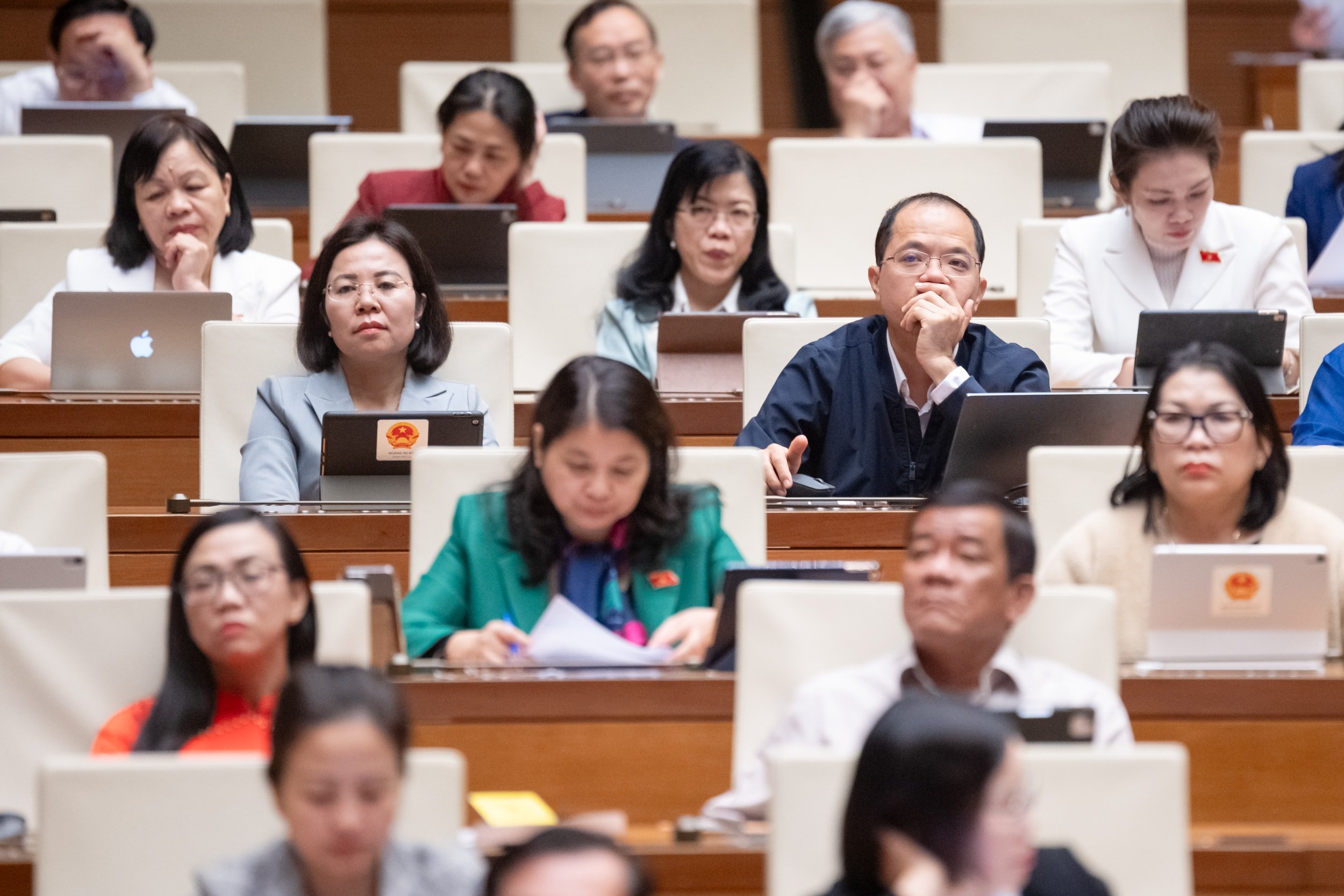
Delegate Chu Thi Hong Thai suggested that the Supervisory Delegation study and include in the draft Resolution of the National Assembly the following content: it is necessary to continue to comprehensively innovate the management of domestic solid waste to ensure consistency from classification, collection to final treatment. The Government and localities need to review and adjust the planning of inter-regional solid waste treatment areas. Prioritize the application of modern, environmentally friendly technology, gradually reduce the rate of direct landfill, promote source waste classification associated with a separate collection, transportation and treatment mechanism to overcome the situation of formal classification that causes waste of social resources.
Delegates also suggested the need to soon complete the environmental financial mechanism, including a policy of collecting fees based on the amount of waste generated, support from the environmental protection fund for advanced treatment projects; and strengthen inspection, examination and strict handling of facilities causing long-term pollution.
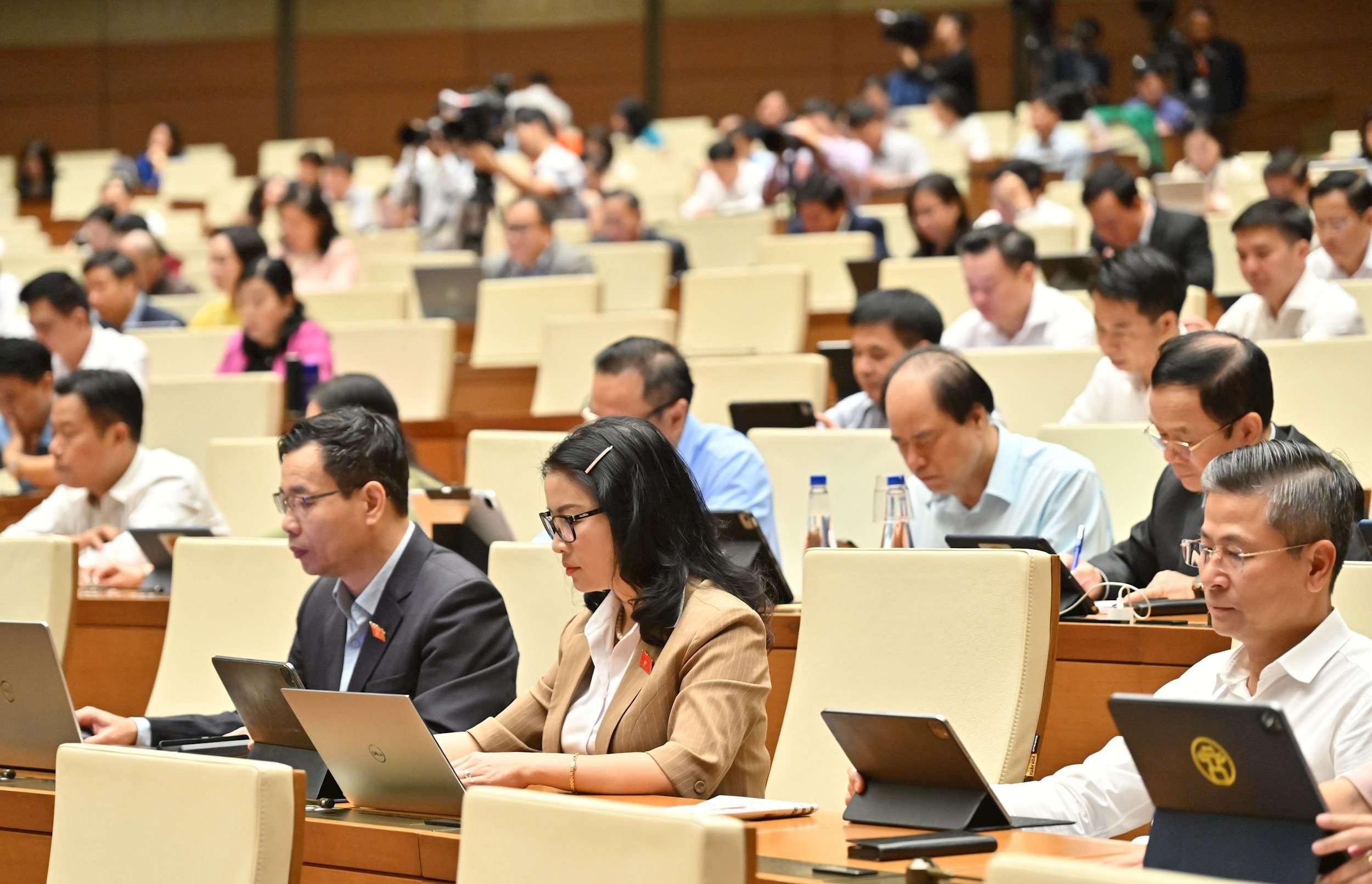
Regarding the capacity for environmental management at the grassroots level, delegate Chu Thi Hong Thai emphasized that in the context of implementing the two-level local government model, the commune level becomes the most direct management level, closest to the people and closest to reality. Therefore, there needs to be a clear mechanism for decentralization and delegation of authority in the environmental field; ensuring "clear people, clear work, clear responsibilities" associated with inspection and supervision mechanisms.
Source: https://daibieunhandan.vn/doi-moi-cong-tac-quan-ly-xu-ly-loai-chat-thai-ran-sinh-hoat-10393262.html



![[Photo] Prime Minister Pham Minh Chinh chaired a meeting to discuss solutions to overcome the consequences of floods in the central provinces.](https://vphoto.vietnam.vn/thumb/1200x675/vietnam/resource/IMAGE/2025/10/29/1761716305524_dsc-7735-jpg.webp)
![[Photo] Hue: Inside the kitchen that donates thousands of meals a day to people in flooded areas](https://vphoto.vietnam.vn/thumb/1200x675/vietnam/resource/IMAGE/2025/10/29/1761738508516_bepcomhue-jpg.webp)
![[Photo] Human love in the flood in Hue](https://vphoto.vietnam.vn/thumb/1200x675/vietnam/resource/IMAGE/2025/10/29/1761740905727_4125427122470875256-2-jpg.webp)

![[Photo] Prime Minister Pham Minh Chinh chaired a meeting to evaluate the operation of the two-level local government model.](https://vphoto.vietnam.vn/thumb/1200x675/vietnam/resource/IMAGE/2025/10/29/1761751710674_dsc-7999-jpg.webp)
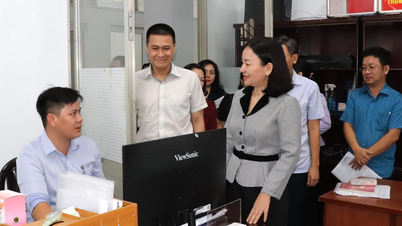

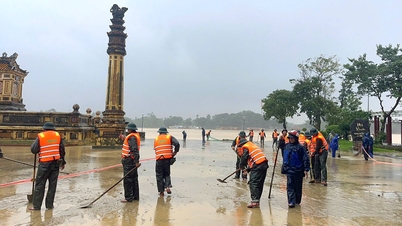

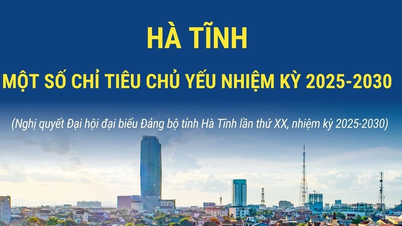

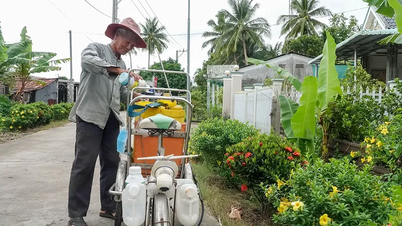



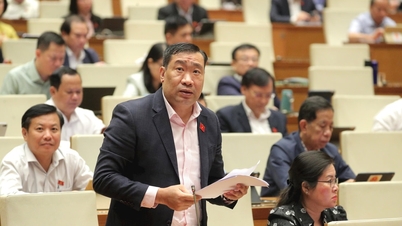
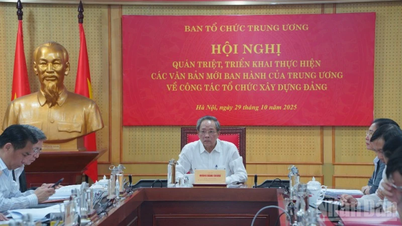



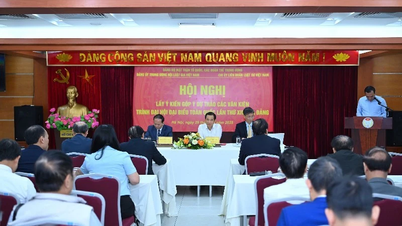
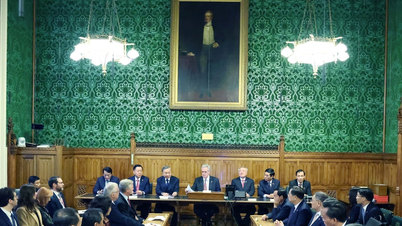
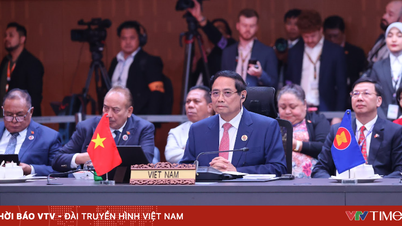
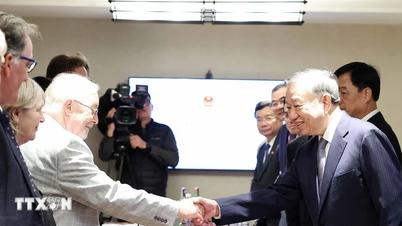




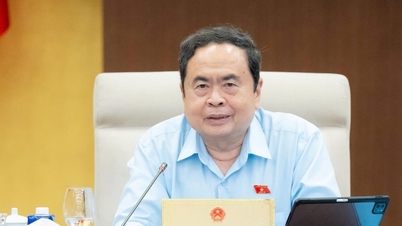
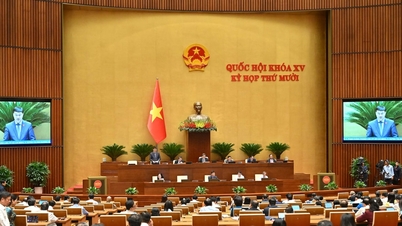
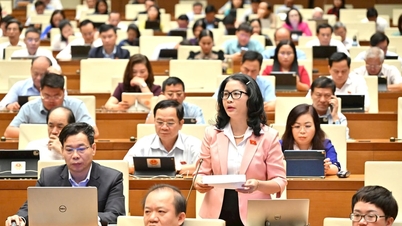
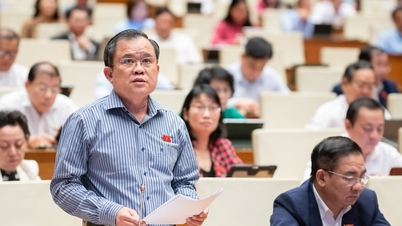
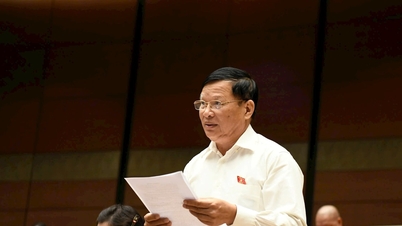




































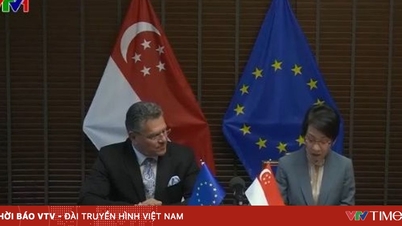
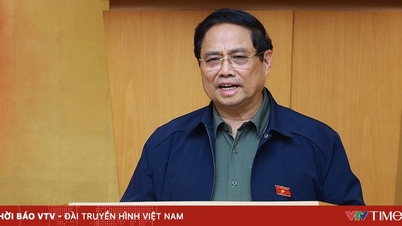
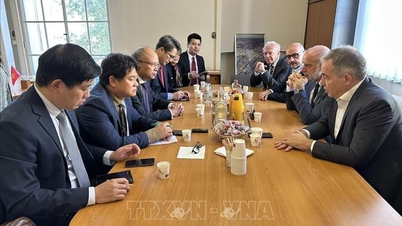

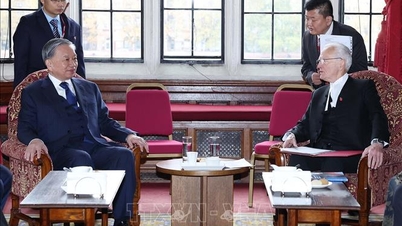
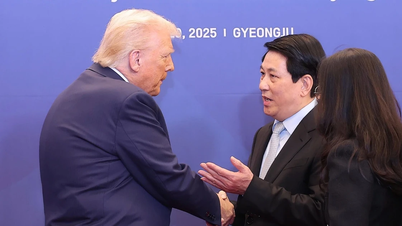


![[Live] Concert Ha Long 2025: "Heritage Spirit - Brightening the Future"](https://vphoto.vietnam.vn/thumb/402x226/vietnam/resource/IMAGE/2025/10/29/1761743605124_g-anh-sang-am-thanh-hoanh-trang-cua-chuong-trinh-mang-den-trai-nghiem-dang-nho-cho-du-khach-22450328-17617424836781829598445-93-0-733-1024-crop-1761742492749383512980.jpeg)



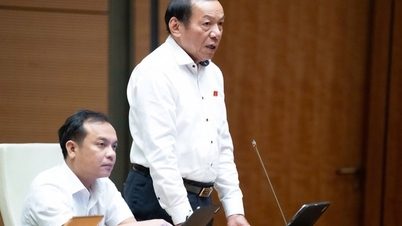
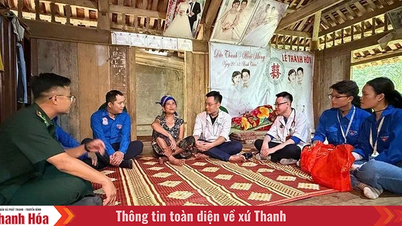

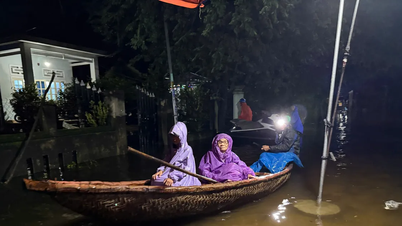




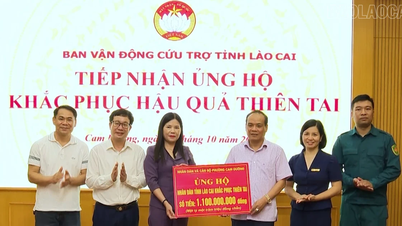

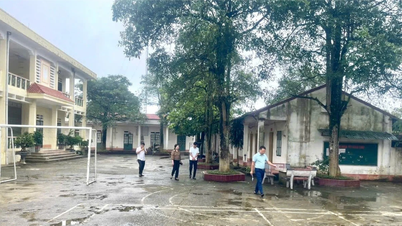















Comment (0)